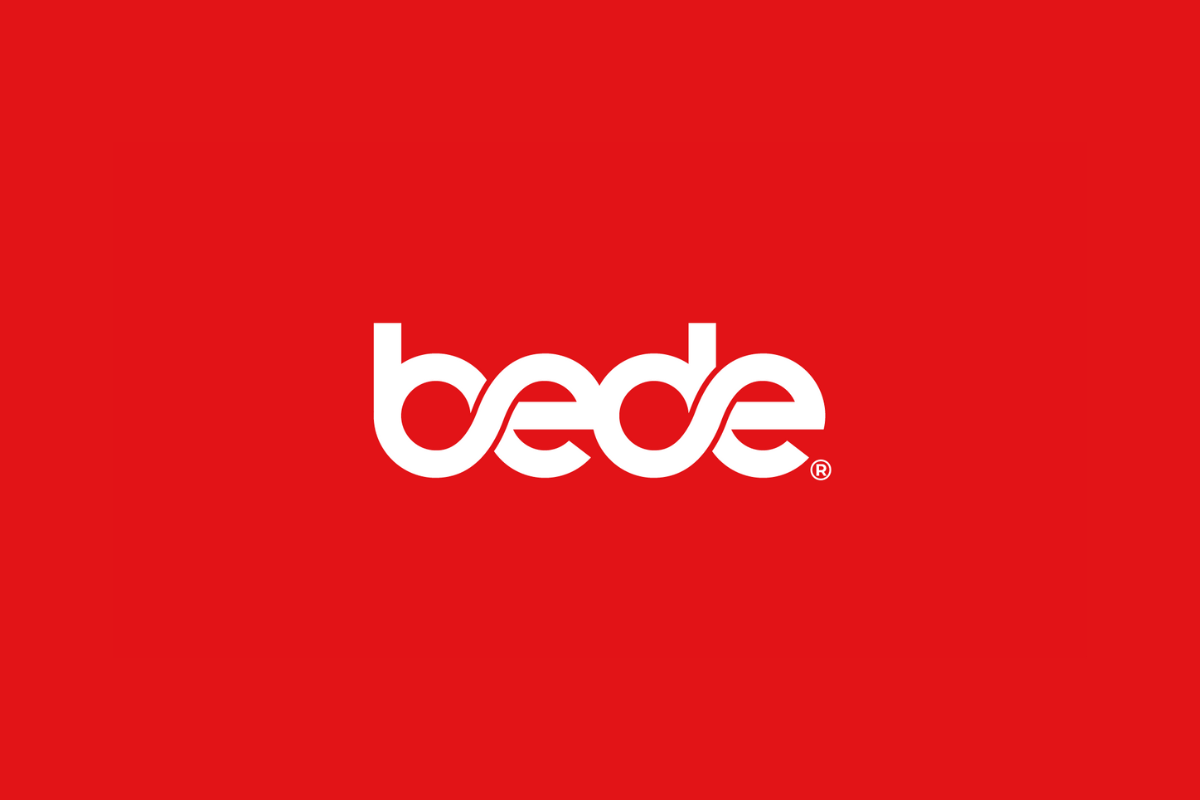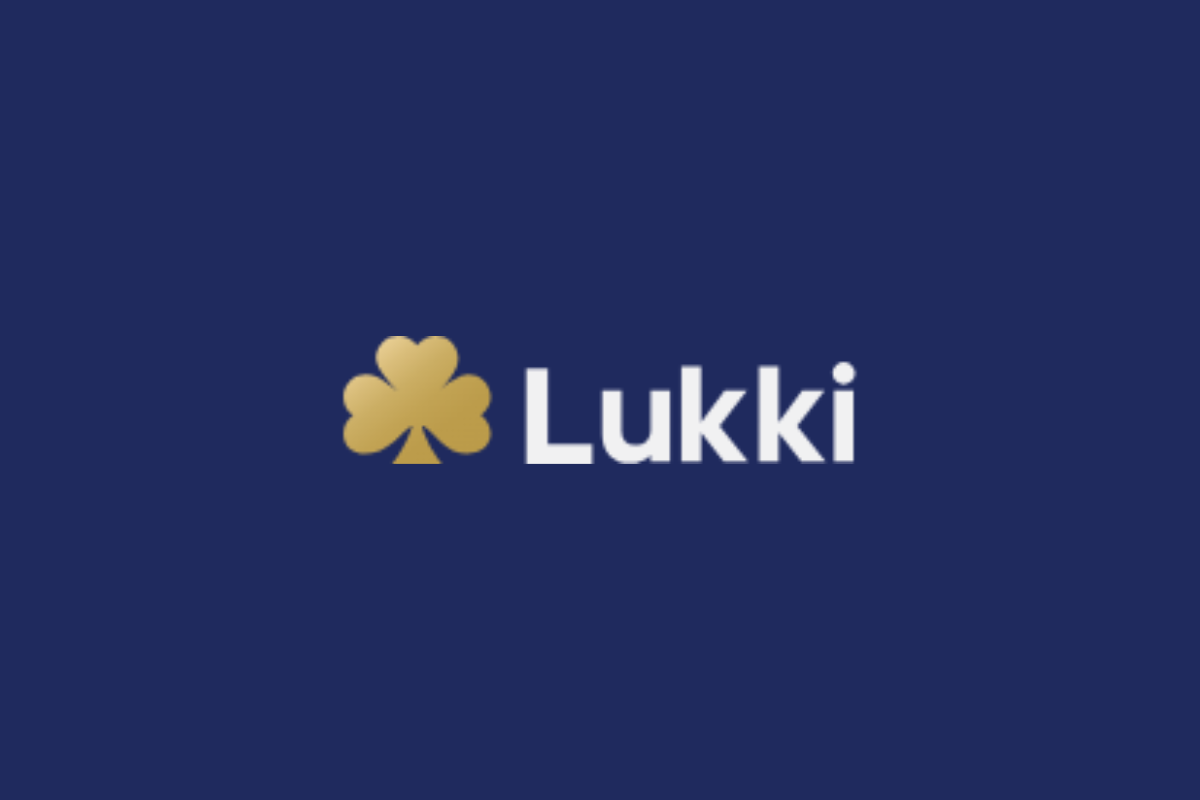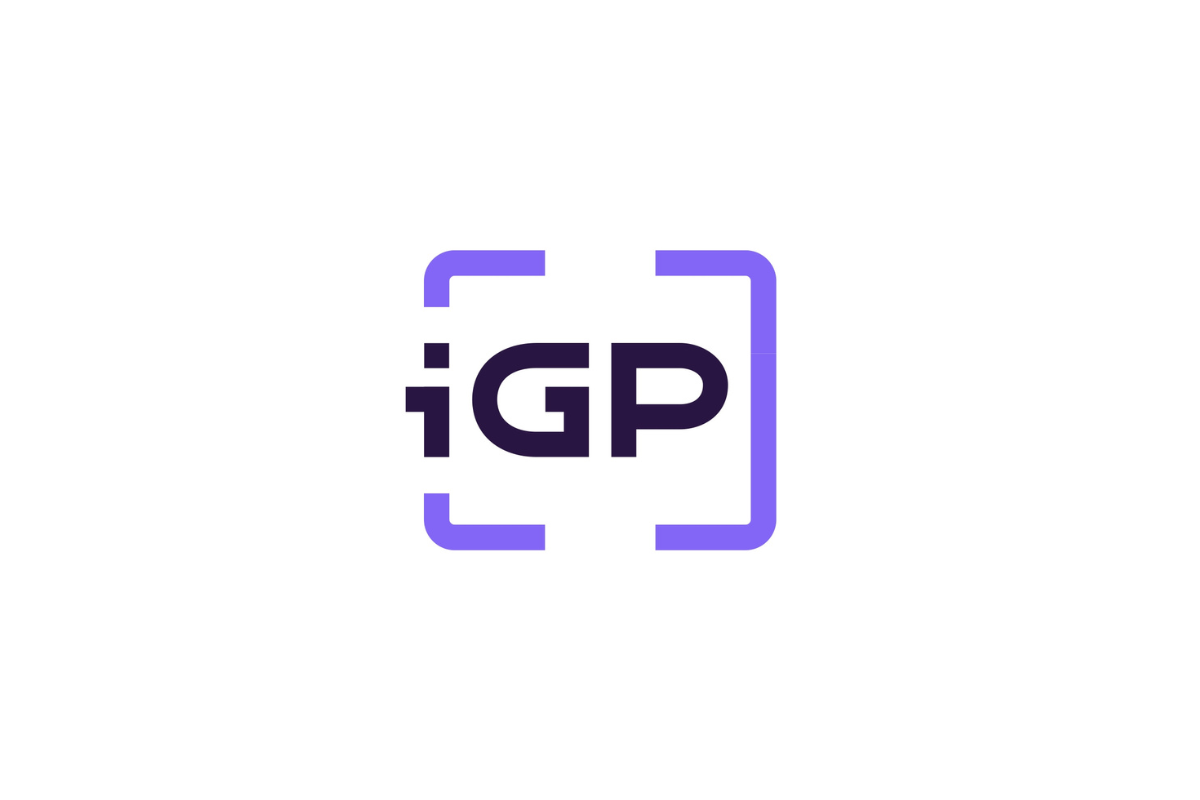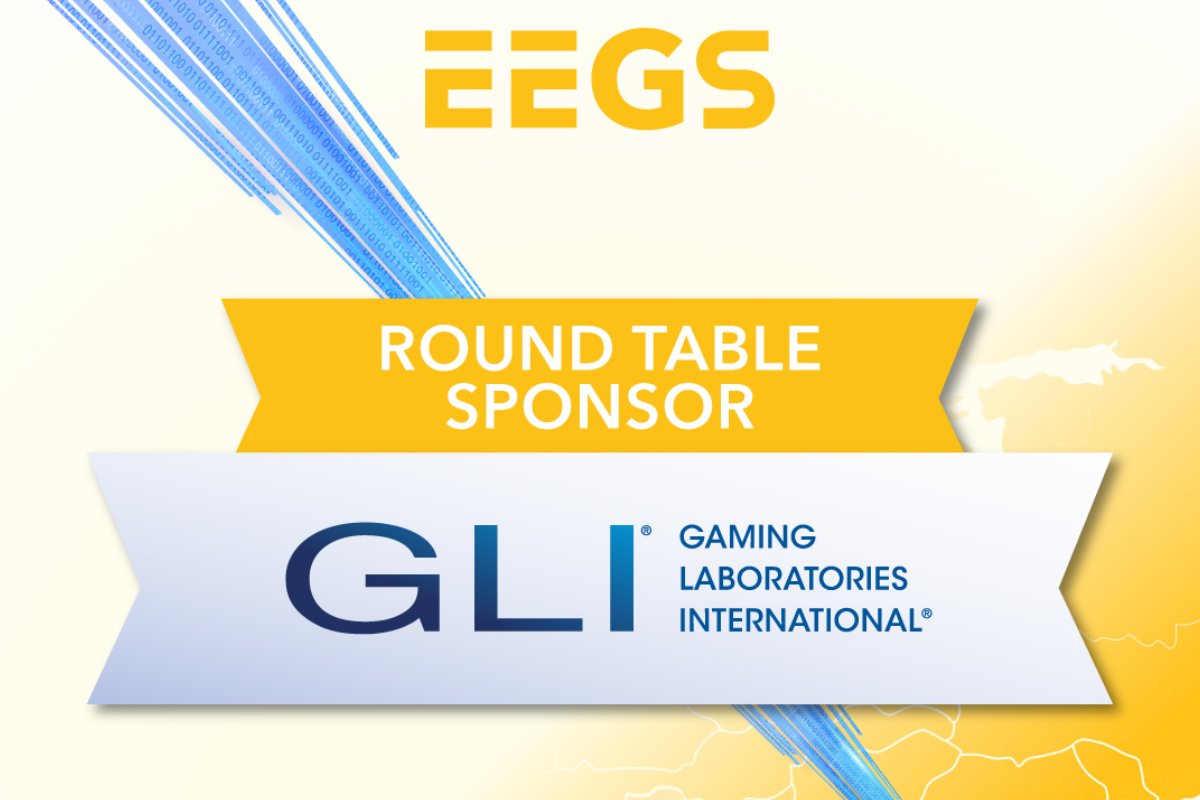Central Europe
Thuringia Proposes iGaming Monopoly in New Bill

Thuringia, a small state located in central Germany, is putting forward legislation that would give it autonomous control over iGaming within its borders. If passed, Lotto Thüringen, the company which currently owns the state-run lottery, would become the sole operator of the iGaming tables vertical in the state.
The bill has been submitted to the European Commission for approval, amending its 2004 Casino Law. The proposed Thüringian Law on Casino and Online Casino would introduce a monopoly on online table games. This is permitted under Germany’s gambling legislation, which allows each state to run its own gaming laws.
The legislation calls to issue ten-year exclusive licenses for online table games, which are distinguished from online slots. The most likely operator would be Lotto Thüringen, which the bill notes would generate extra income for the state.
The country’s newly-regulated iGaming market launched earlier this year, with the country’s third Inter-state Treaty on Gambling coming into force on July 1. It permits the issuing of online casino licenses for slots and allows states to have control over online table games. This is expected to protect state lottery operators.
States with land-based casino licenses may issue the same number of online table games permits as those given to brick-and-mortar venues. However, as Thüringia has no land-based casinos, it counts with the option to give sole rights to the state lottery.
The bill submitted claims a monopoly approach is desirable because online table games have an “increased risk of manipulation” as the organiser is also the banker. This implies applicants would need to provide a high level of provisional detail to obtain rights. The proposed legislation is now in a standstill period until February 24.
State gaming monopolies have proved to be a controversial solution in the past. In 2010, the European Court of Justice ruled that German gambling laws enforced at that time, which helped protect state monopolies, were not “justifiable.”
In a statement, European judges said the public monopoly of the organisation of sporting bets and lotteries in Germany did not pursue the objective of combating the danger of gambling “in a consistent and systematic manner,” which was the argument given to protect them.
-

 Asia5 days ago
Asia5 days agoDigital gaming disruption tackled in 1st AsPac Regulators’ Forum
-

 Asia7 days ago
Asia7 days agoBGCS and BGMS league stages conclude; rising stars set to meet pros in the playoffs
-

 Latest News7 days ago
Latest News7 days agoHigh Roller Technologies and Flows partner to launch player engagement experiences, with technical integration complete in record time
-
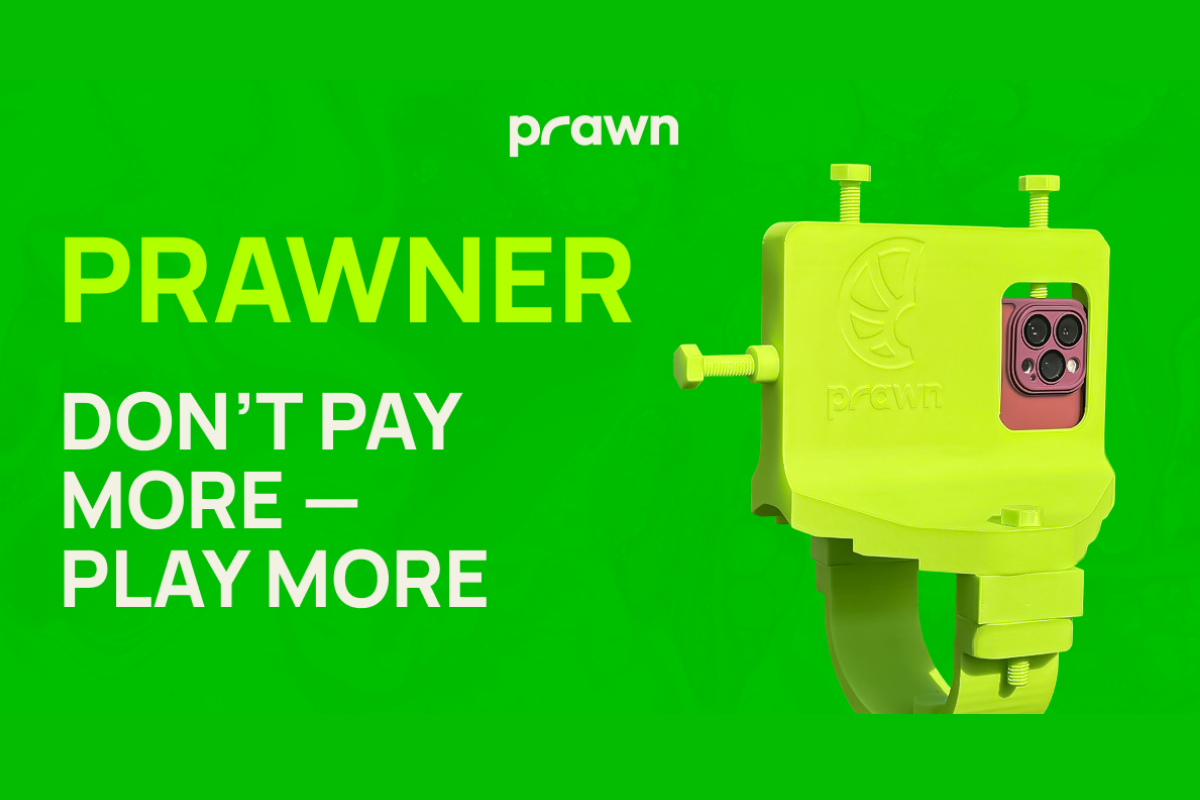
 Central Europe7 days ago
Central Europe7 days agoFootball Stats Startup Challenges Multi-Million Company With Free Publication Of Blueprints
-

 Latest News7 days ago
Latest News7 days agoThe Current State of the German iGaming Market and Its Role in Europe
-

 Eastern Europe7 days ago
Eastern Europe7 days agoSYNOT Games Partners with WIN2
-

 Latest News7 days ago
Latest News7 days agoDiffusionData Releases Diffusion 6.12
-

 Latest News7 days ago
Latest News7 days agoOperator-Exclusive Slots: Do Content Bundles Still Deliver ROI?






